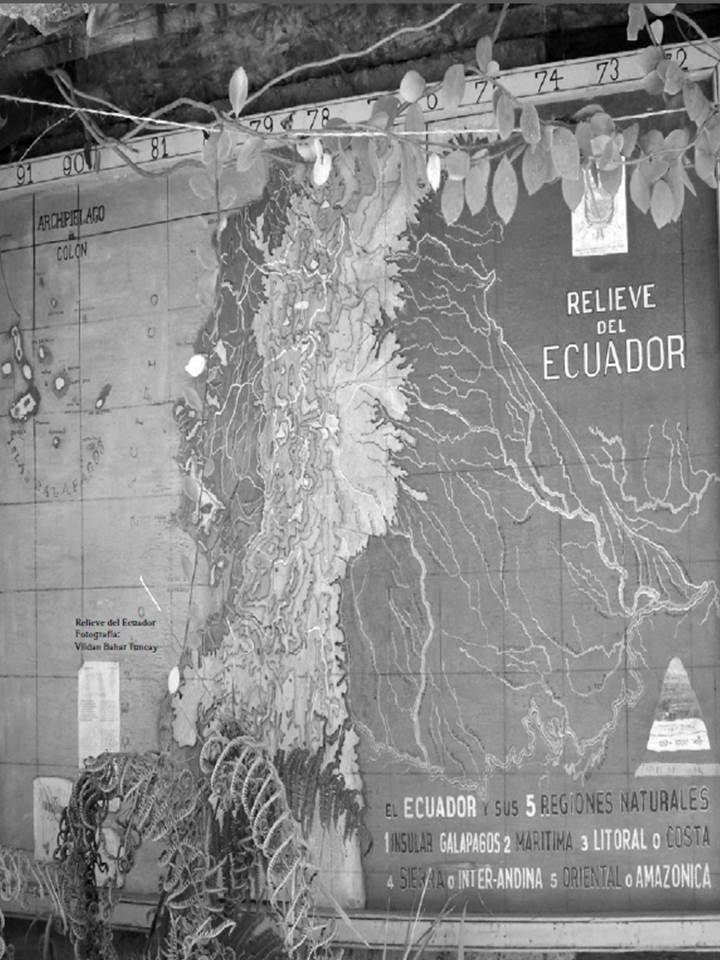Resumen
El presente documento trata sobre el uso del patrimonio cartográfico de los pueblos latinoamericanos como herramientapedagógica en un entorno socio-político marcado por la emergencia de movimientos sociales indígenas quereclaman sus derechos territoriales y ancestrales. En este contexto, la función de la cartografía como herramientapedagógica en la enseñanza de la historia y de las prácticas espaciales y cartográficas de los pueblos de AméricaLatina se relegó a un segundo plano en comparación con su función estratégico-legal para subvertir las relaciones depoder. El documento se basa en dos fenómenos para explicar las razones por las cuales el patrimonio cartográficono alcanza su pleno potencial como herramienta pedagógica en diferentes niveles de educación en América Latina.En la literatura existente relativa a la historia de la cartografía, al poder de representación de la cartografía o a supapel en la reconstrucción de las territorialidades indígenas, el enfoque no es el valor histórico y cultural del materialcartográfico propiamente dicho ni su uso como herramienta pedagógica.La revista Apuntes se encuentra registrada bajo la licencia Creative Commons Reconocimiento 4.0 Internacional. Por lo tanto, esta obra se puede reproducir, distribuir y comunicar públicamente en formato digital, siempre que se reconozca el nombre de los autores y a la Pontificia Universidad Javeriana. Se permite citar, adaptar, transformar, autoarchivar, republicar y crear a partir del material, para cualquier finalidad (incluso comercial), siempre que se reconozca adecuadamente la autoría, se proporcione un enlace a la obra original y se indique si se han realizado cambios. La Pontificia Universidad Javeriana no retiene los derechos sobre las obras publicadas y los contenidos son responsabilidad exclusiva de los autores, quienes conservan sus derechos morales, intelectuales, de privacidad y publicidad.
El aval sobre la intervención de la obra (revisión, corrección de estilo, traducción, diagramación) y su posterior divulgación se otorga mediante una licencia de uso y no a través de una cesión de derechos, lo que representa que la revista y la Pontificia Universidad Javeriana se eximen de cualquier responsabilidad que se pueda derivar de una mala práctica ética por parte de los autores. En consecuencia de la protección brindada por la licencia de uso, la revista no se encuentra en la obligación de publicar retractaciones o modificar la información ya publicada, a no ser que la errata surja del proceso de gestión editorial. La publicación de contenidos en esta revista no representa regalías para los contribuyentes.


